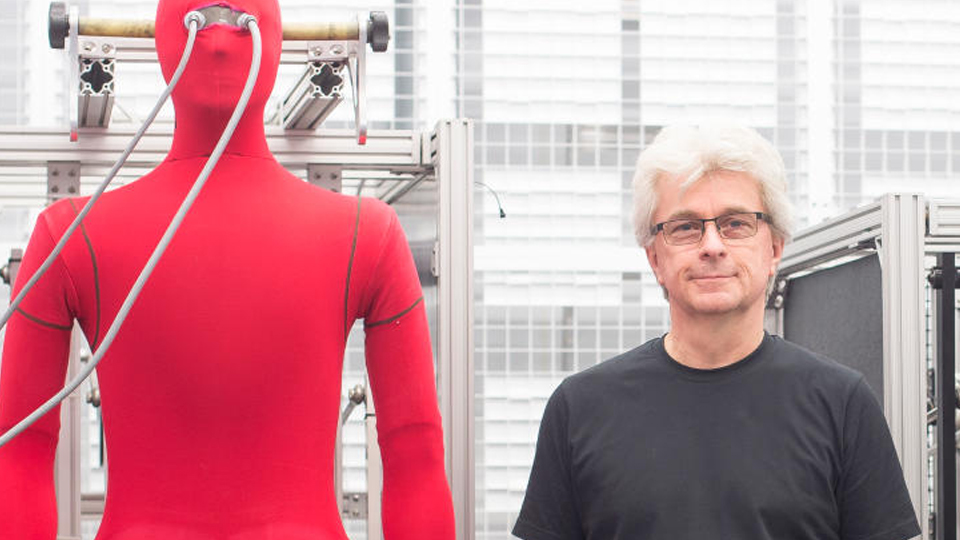Professor Havenith studied Mathematical Biology and Human Physiology at Utrecht University, after which he joined the TNO-Human Factors Institute in the Netherlands. There he worked for 14 years in the area of Human Thermal Physiology and Clothing Science, in the later years there, heading the Thermal Physiology group. In this period he also worked for one year at Pennsylvania State University, and gained his PhD in Medical Physiology from Nijmegen University, studying physiological responses to heat stress, and producing a simulation model that allowed the impact of individual characteristics of people on their heat stress response to be studied. At Loughborough University (since 1998) his research covers two main topic areas, one being Human Thermal Physiology / Environmental Ergonomics, and the other being heat and mass (vapour) transfer through clothing. Though these are quite distinct subject areas in terms of research methods and knowledge background, they interact in most research application projects and are then also supplemented with a third area: clothing ergonomics.
While retired, he is still research active and does consultancy, His special contribution to these fields is the multidisciplinary integration of physiology, physics and ergonomics. His work spans from experimental studies, to the development of theoretical frameworks to explain observations, and subsequently to the final application of the knowledge in the field. He produced a number of key papers in these areas, with several of his research methods and clothing heat transfer equations now incorporated in ISO and EN standards. Many of his research projects and publications involve partners from abroad. He has published widely (over 250 publications in scientific books, journals and conference proceedings as well as over 100 consultancy research reports). He is an editor of the 'European Journal of Applied Physiology', international editor for the' Journal of the Human-Environment System', and on the editorial board of 'Ergonomics', 'International Journal of Occupational Safety and Ergonomics', ‘Biometeorology’ and 'Journal of Sports Engineering and Technology'. His research is used widely, with over 3000 citations in 2024, and over 25,000 in total.. He is a Chartered Ergonomics and Human Factors specialist, fellow of the Ergonomics Society, Fellow of the American College of Sports Medicine, and member of numerous committees and professional organisations. He advises a number of renowned international companies on thermal physiology and clothing science.
He acts regularly as expert witness in cases in the coroner’s court (deaths by hyperthermia/heat illness, mainly in military), criminal court (e.g. risk of hypothermia of a baby in the ‘Constance Marten & Mark Gordon’ case) and civil disputes (clothing patents; claims against employers in relation to heat illness cases).
In 2024 he received the lifetime achievement award of the Chartered Institute for Ergonomics and Human Factors; in 2025 he was recipient of the University Medal of Loughborough
University for exceptional services and in 2023 he was co-recipient of the Bhattacharyya Award, Royal College of Engineering.
Professor Havenith has a long standing cooperation with industry, with projects and PhD students funded by adidas, Decathlon and others.
Research projects in the last years have focussed on clothing heat transfer, climate change and work productivity, and sports performance in the heat.

